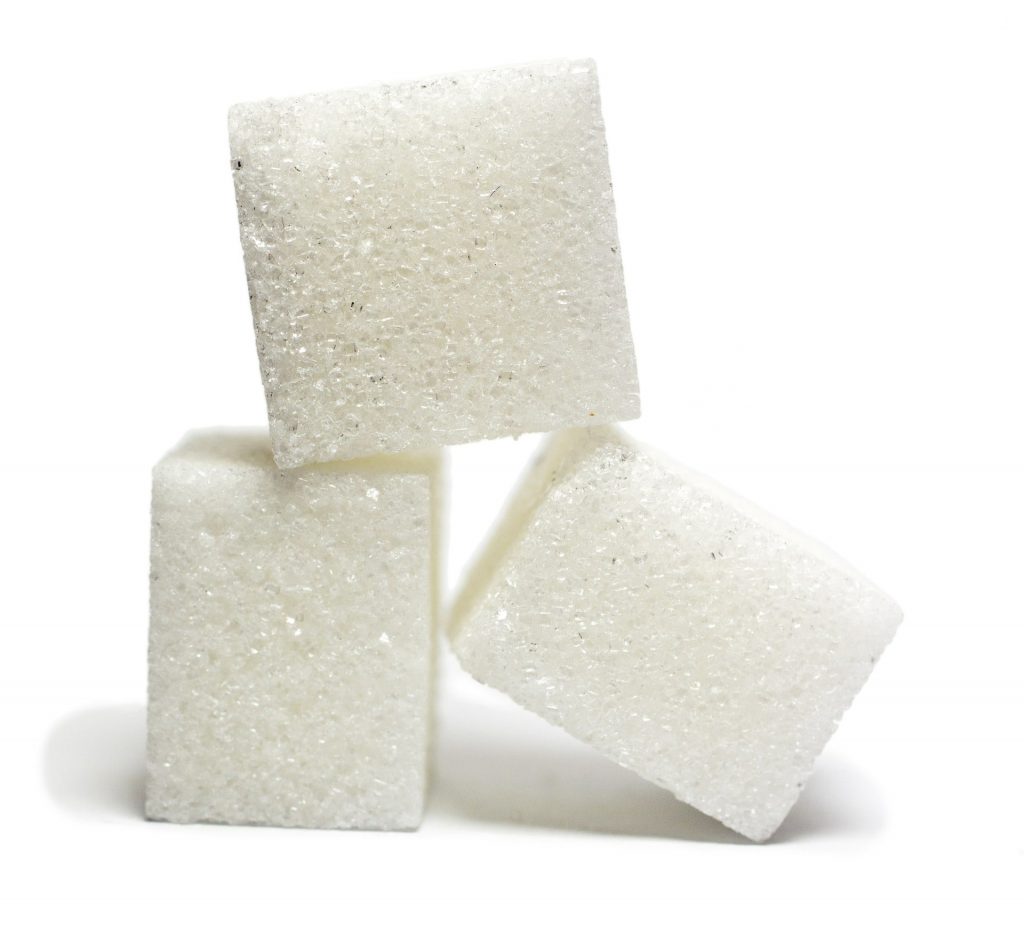Tooth Decay
Tooth Decay: How Sports Drinks Promote Enamel Damage

Best Way to Prevent Cavities
 Most people are afraid of visiting dentist because of the “terrifying” tools and equipment used to remove damaged teeth. Therefore, prevention is the greatest protection when it comes to cavities. So when you do your oral hygiene, do it consistently and significantly. In this way, you can prevent cavities from coming in your way.
Most people are afraid of visiting dentist because of the “terrifying” tools and equipment used to remove damaged teeth. Therefore, prevention is the greatest protection when it comes to cavities. So when you do your oral hygiene, do it consistently and significantly. In this way, you can prevent cavities from coming in your way.
Different Types of Cavities
You should know that cavities don’t come in one form. They are not all the same, and your dentist is the only person who can tell you the kind of tooth cavity you have after performing examinations on your teeth by means of dental instruments.
Root Cavity
It is the most common type among adults who are probably experiencing receding gums. It appears on the exterior of the roots of the teeth.
Sugar Intake Should Be Reduced To Prevent Tooth Decay
 In spite of the significant effort put in upholding utmost dental and oral health, tooth decay is still one of the most prevalent chronic diseases in the world. In a global research on chronic illnesses, it has been found that tooth decay is the most common oral health problem, with a high global prevalence of 35 per cent. Here in Australia, out of 10 adults, 3 of which have untreated tooth decay.
In spite of the significant effort put in upholding utmost dental and oral health, tooth decay is still one of the most prevalent chronic diseases in the world. In a global research on chronic illnesses, it has been found that tooth decay is the most common oral health problem, with a high global prevalence of 35 per cent. Here in Australia, out of 10 adults, 3 of which have untreated tooth decay.
To address this concern, it is important to note that main factors that lead to its onset. One of the major causes of tooth decay would be sugar intake. There is an undeniable link between the two.
As you munch on those sweets, oral bacteria feed on the sugars to form plaque which constantly produces acids that damage your teeth. For this reason, it is crucial to keep a close watch of your sugar consumption.
The Reminder On Sugar Intake From WHO
Wary of the consequences brought about by sugar intake, the World Health Organisation released a set of guidelines in 2002. According to this, sugars should be limited to only 10 per cent of the total energy intake. This only sums up to 50 grams per day. In addition, it was also noted that the target should be only 5 per cent or just 25 grams a day.









